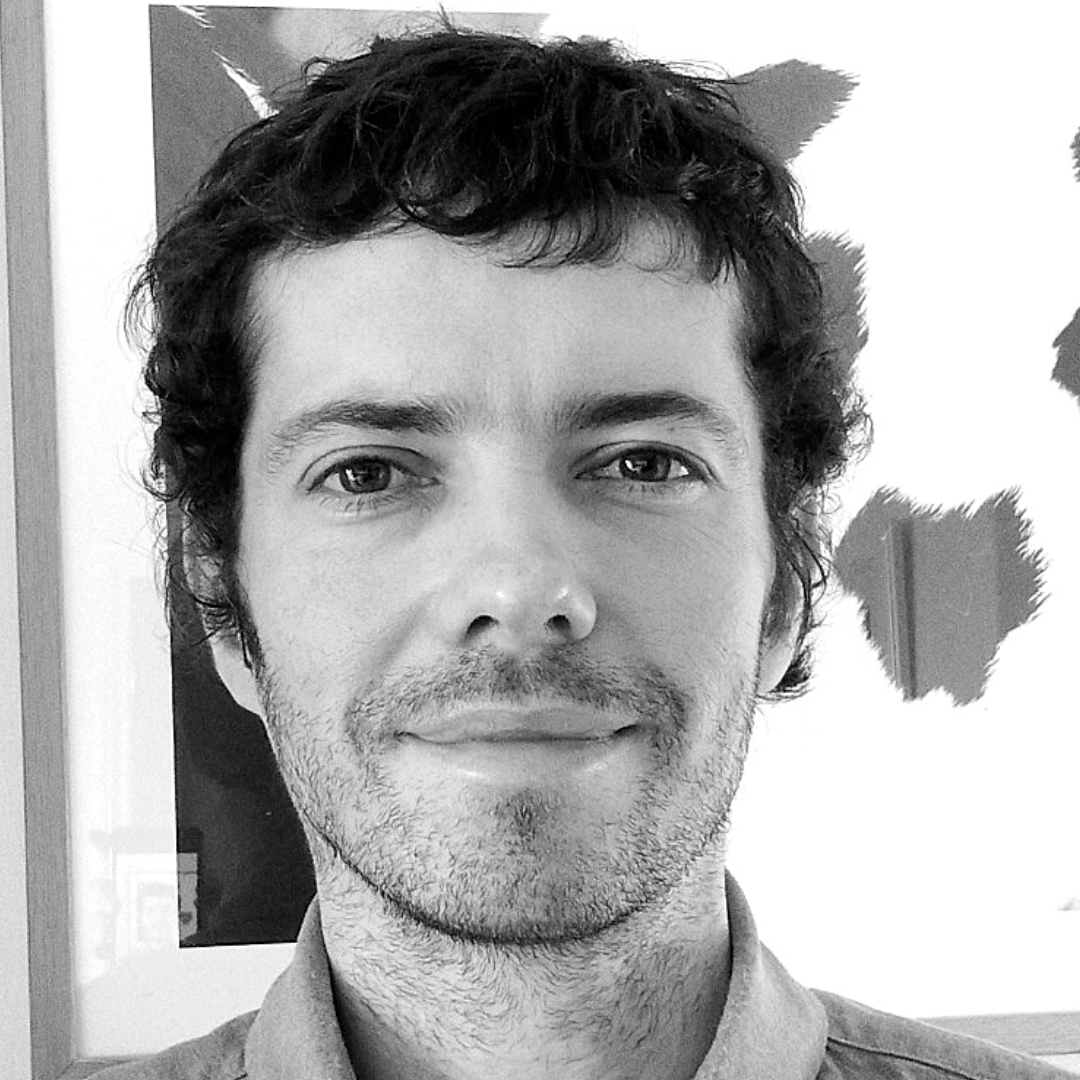Human Rights Making Impact on Central Banks and Regulators After Financial Crisis, Says New Report
09 February 2016
The Institute for Human Rights and Business (IHRB), a global think tank, and the UN Environment Programme (UNEP) Inquiry on the Design of a Sustainable Financial System have published a joint report exploring the relationship between human rights and sustainable finance.
In the wake of the 2008 global financial crisis, recognition has grown that the financial system must be not only sound and stable, but also sustainable. With this in mind, UNEP launched an ‘Inquiry into the Design of a Sustainable Financial System’ in early 2014 to explore how to align the financial system with sustainable development.
Recognising that inclusivity and human rights considerations are important aspects of a sustainable financial system, the UNEP Inquiry asked IHRB to lead the Inquiry’s research on the relationship between finance and human rights, to complement the UNEP Inquiry Report, published in October 2015.
The IHRB-UNEP joint report explores emerging developments among Central Banks and other regulators in opening the door to considerations of how inequality and social risk impact their mandates and the financial sector.
Commenting on the launch of the report, IHRB’s Director of Research and Legal Affairs and one of the report’s authors, Margaret Wachenfeld, said:
“Human rights and monetary policy are two words increasingly being used together. The profound impacts of the 2008-2009 financial crisis have started some wheels turning about the broader impacts of the financial system on people and their rights.
“At its broadest level, the financial system should facilitate sustainable livelihoods and sustainable societies. Currently, it is ill suited and unequipped to consider the broader impacts on the environment or people.
“Human rights are also relevant to current discussions on the ethical underpinnings of the system. A more specific focus could make an important contribution in rebuilding trust.”
The report identifies positive trends in changes being put in place by banks, insurers and investors to address human rights risks in transactions. It also looks at what practices are needed to ensure customers’ rights are respected.
Motoko Aizawa, IHRB’s USA Director and co-author of the report, noted:
“The positive role that finance can play in actively promoting the fulfillment of rights is most obvious in areas such as microfinance and impact investing.
“What is new is that some Central Banks have begun to recognize that when segments of the population suffer extreme poverty, marginalisation and discrimination, these risks to people can create systemic risks to the functioning of a sound financial system.
“We are starting to see Central Banks use their ‘supervisory powers’ to impose environmental and social risk management by banks, as a way to enhance resilience of banks, which will contribute to resilience of society. This is promising, and the report recommends further research into the vast array of financial transactions that could also be posing risks to people.
Mary Dowell-Jones, Research Fellow at the Human Rights Law Centre, University of Nottingham, also contributed to this joint report.
ENDS
NOTES
Contact: Haley St. Dennis, Communications Manager, Institute for Human Rights and Business – [email protected] / +44(0)7508878015
The report is available here: http://www.ihrb.org/publications/reports/human-rights-sustainable-finance.html and http://unepinquiry.org/publication/human-rights/
BACKGROUND
This Report aims to contribute to this debate through considering the role of human rights in delivering a sustainable finance system. It considers three levels of interaction between the financial system and human rights:
- the systemic level – how can regulatory actors and key regulatory leverage points incorporate human rights
- the client level – how can financial institutions address the identifiable human rights impacts of their sovereign and corporate clients’ activities
- the consumer level – how can financial institutions address the human rights impacts of their products and services directly on consumers and promote human rights enjoyment through new products and services.
By looking at these three levels, the Report seeks to highlight the multi-faceted roles and contribution that human rights can make to a more sustainable and more ethical financial system.
ABOUT IHRB
The Institute for Human Rights and Business is the leading think tank on the relationship between business and international human rights standards. IHRB works to shape policy, advance practice and strengthen accountability to ensure the activities of companies do not contribute to human rights abuses, and in fact lead to positive outcomes. See further: http://www.ihrb.org
ABOUT THE UNEP INQUIRY
The Inquiry has addressed 3 Core Questions:
- Why – under what circumstances should measures be taken to ensure that the financial system takes fuller account of sustainable development?
- What – what measures have been and might be more widely deployed to better align the financial system with sustainable development?
- How – how can such measures best be deployed?
The Inquiry has considered aspects of financial and monetary policies and financial regulations, and standards, including disclosure requirements, credit ratings, listing requirements and indices. The Inquiry has focused on the roles of financial system’s rule-makers including central banks, financial regulators, finance ministries, other government departments, standards institutions, and market-based standard-setters such as stock exchanges, and key international organizations and platforms. See further: http://unepinquiry.org/about-us/



